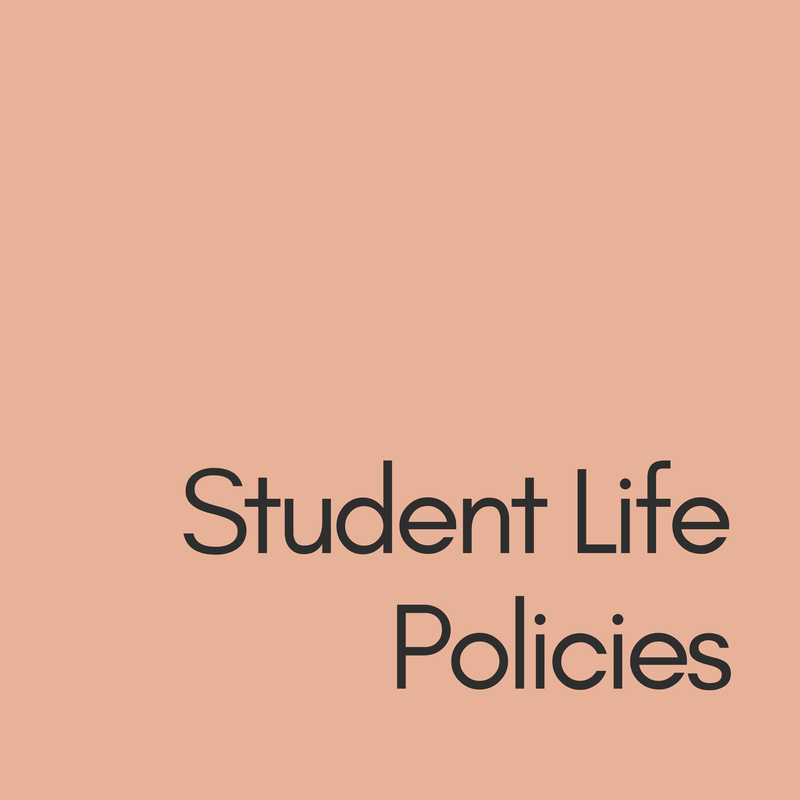Rationale
BC Waldorf Schools receive additional funding for students who qualify with certain additional support needs. As such, schools support the provision of inclusive education services (formerly known as special education services) in order to meet the needs of qualifying students. This policy indicates adherence to the following legislation: Policy Statement BC Waldorf Schools promote inclusive education in which students with additional support needs are fully participating members of their community of learners. Inclusion describes the principle that all students are entitled to equitable access to meaningful social relationships and educational learning in all aspects of their school life. These are offered within the context of a limited scope that a small school can offer, which may include physical space and access to specialized education assistants. Students with additional support needs come to our schools for the same reason as any student, because their parents are aligned with our teaching philosophies. Where possible and in consideration of a child's age and developmental stage, BC Waldorf schools will choose adaptations that prioritize teacher/human relationships over technology assisted methods, such as a scribe in place of voice to text technology, and EA support to read in place of audiobooks. Procedures Designation Students who have been identified by teachers/school based teams as requiring additional support in order to participate meaningfully in the activities of the school day will be acknowledged within the individual school’s procedures. In some cases, a school will recommend a professional assessment be completed in order to better understand the needs of the student. An assessment completed by a qualified professional, in conjunction with a school’s plan for intervention, will become part of the evidence with which a student is designated as eligible for additional support and possible funding. Students who qualify for an Inclusive Education Designation will be reported on each school’s 1701 with the appropriate designation category. Student files will reflect compliance with the Educational Standards Order as it pertains to Inclusive/Special Education. Click here for more information about categories. Individual Education Plan (IEP) An IEP is a required document for students who require additional support (adaptations or modifications to the learning expectations) and have been designated on the school’s 1701 as eligible for Levels 1-3 funding or as Category K, P, Q, or R that outlines learning goals and intervention plans. The IEP process will include but is not limited to the following:
Case Management Plan (CMP) A CMP is a required additional document for students who have been designated on the school’s 1701 as Level 3, Category H, requiring intensive behavioural intervention or students with severe mental illness. The process for completing a CMP is much the same as for an IEP with the exception that it focuses on behavioural difficulties that have placed the student at risk to themselves or others. The CMP can be a separate document or part of the IEP and will include specific CMP elements listed in the Ministry of Education Guidelines for writing IEPs and CMPs Section (4). Evaluation and Reporting Wherever possible, students will be evaluated using standards established for other students and on all components of their program, including those that have been adapted and those that have not. Evaluation will recognize that students with additional support needs will:
For some students with additional support needs, teachers will use adapted evaluation procedures (e.g., an oral exam rather than a written one). Use of adapted evaluation procedures will be noted in the student's IEP. For these students, evaluation is based on whether the learning outcomes for the course/program have been met. Some students may require extensive modifications to their program. Some or all of their learning outcomes will be substantially different from the regular curriculum. Evaluation will be based on the degree to which such outcomes are achieved. In this case, evaluation must be referenced to individually established standards. Student progress reports for students with additional support needs will be available on the same schedule as all students. Where it is determined that a student with additional support needs is not capable of achieving the learning outcomes of provincial or Board/Authority Authorized curriculum, and substantial course or program modification is necessary, specific individual goals and objectives will be established for the student in his or her IEP. Performance scales, letter grades, and structured written comments may be used to report the level of the student’s success in achieving these modified goals and objectives. Grades on reports to parents will identify whether courses have been modified, although adaptations (e.g., oral exam) need not be identified. Where a professional support person other than the classroom teacher is responsible for providing some portion of the student's educational program (e.g. speech pathologist, orientation and mobility instructors), those persons will ideally provide written reports on the student's progress for inclusion with the report of the classroom teacher. Certificate of Completion (Evergreen) A BC Waldorf School may recommend that a student receive a school completion certificate (Evergreen) according to the criteria for eligibility set out in the Educational Standards Order Section 5.3. See school specific Graduation Policy for more information. Resources
BC Waldorf Collective - AWNSA Registered Initiative, Associate, and Full Member Waldorf Schools of BC
|
Site Navigation |



